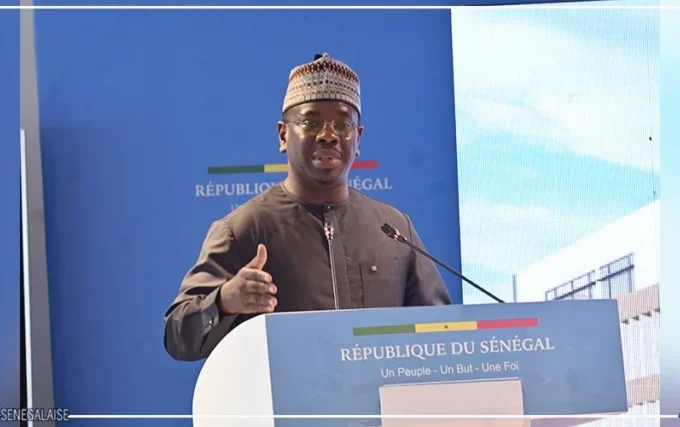Senegal is set to present its ambitious energy agenda to a global audience as the country’s Minister of Energy, Petroleum and Mines, Birame Soulèye Diop, confirms his attendance at African Energy Week (AEW) 2025: Invest in African Energies. His participation underscores Senegal’s growing stature in the oil, gas, and renewables sectors, backed by a renewed legal and policy framework aimed at accelerating investment.
Following its debut as an oil-producing nation in 2024, Senegal has quickly gained traction in the industry. The Sangomar offshore oil field, operated by Australia’s Woodside Energy, exceeded production forecasts by delivering 16.9 million barrels in its first year—well above the projected 11.7 million. Early 2025 saw the country’s refinery in Dakar process 650,000 barrels from Sangomar, producing key fuels such as diesel, kerosene, gasoline, and butane. This marks a critical step toward domestic energy security and opens up new investment corridors in refining and downstream infrastructure.
Meanwhile, the gas sector marked a major breakthrough in January when BP announced the first gas from the Greater Tortue Ahmeyim (GTA) Phase 1 project. The deepwater LNG venture, located along the maritime border of Senegal and Mauritania, is expected to produce 2.3 million tonnes annually. The GTA project has not only established Senegal as a viable LNG exporter but has also laid the groundwork for expanded investment across gas infrastructure and processing.
In parallel, preparations are underway for the Yakaar-Teranga Gas Project, which targets both domestic electricity generation and future LNG exports. A final investment decision is expected within the year, further solidifying Senegal’s gas monetization strategy.
The country’s energy development is closely tied to its national vision, championed by President Bassirou Diomaye Faye. His administration has unveiled a 25-year plan that centers economic sovereignty and energy independence, with key goals including universal electricity access and complete reliance on domestic energy sources. The roadmap places local processing and sustainability at its core, aiming to derive long-term value from Senegal’s natural resources.
Renewables also play a significant role in the strategy. Senegal has committed to generating 40% of its electricity from renewable sources by 2030, reinforcing its pledge to a balanced and sustainable energy mix.
At AEW 2025, Minister Diop is expected to present this integrated approach—one that combines economic opportunity with environmental responsibility. The event, to be held under the theme Invest in African Energies, will provide a platform for global stakeholders to engage with Senegal’s energy sector and explore strategic investment opportunities.
As the country builds momentum across multiple energy fronts, AEW 2025 is shaping up to be a crucial forum for deepening partnerships and aligning investor interests with Senegal’s vision for a resilient and prosperous energy future.



